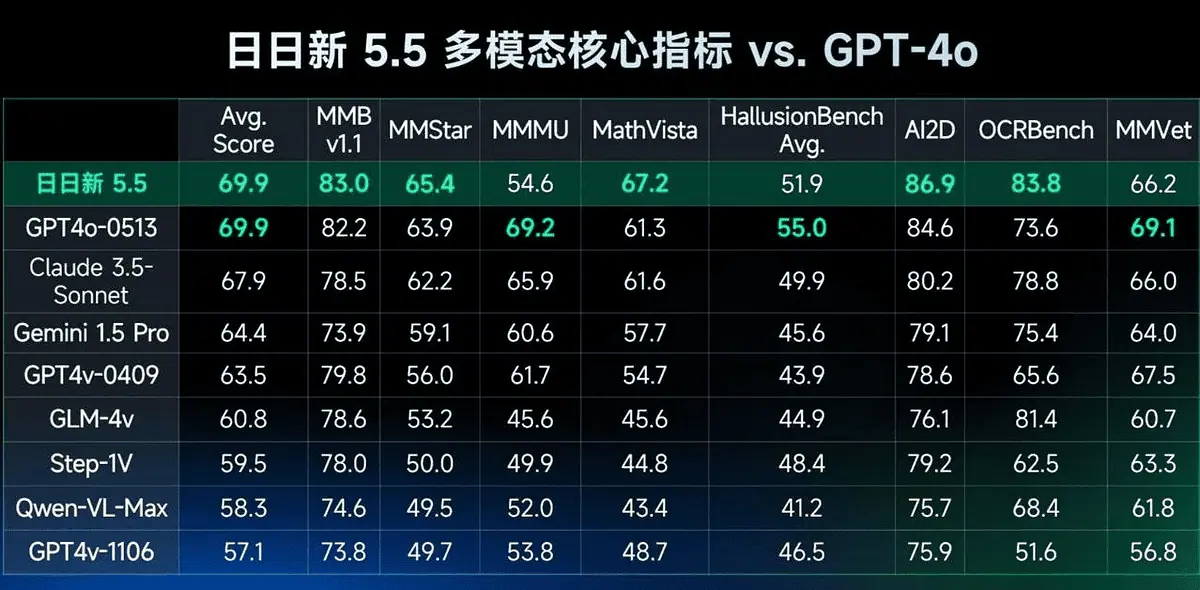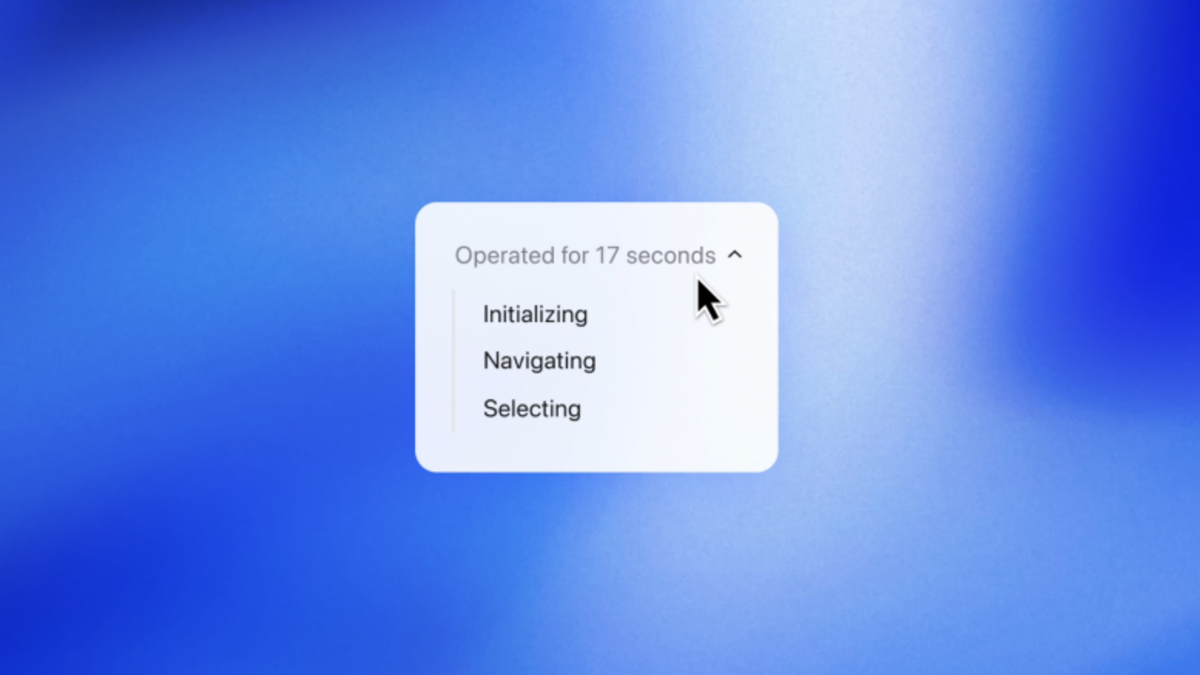SenseNova 5.5 is a testament that Chinese AI firms shouldn't be underestimated
A direct OpenAI's GPT-4o competitor?
2 min. read
Published on
Read our disclosure page to find out how can you help MSPoweruser sustain the editorial team Read more
Key notes
- OpenAI exits China amid US-China AI tensions, leaving Baidu and SenseTime to flourish.
- The latter now unveils SenseNova 5.5 at World AI Conference, challenging OpenAI’s GPT-4o in key metrics.
- Despite US sanctions, Chinese AI firms still continue and offer incentives for model adoption for companies & organizations.

OpenAI has ceased its operation in China amidst the growing US-China tension in the AI race. The Microsoft-backed tech giant enlisted China as one of the “countries of concern,” leaving local AI firms like Baidu and SenseTime to thrive. Now, the latter launched its latest model, SenseNova 5.5, and claimed that it’s overthrown GPT-4o in in several key metrics.
Launched over the weekend at the World AI Conference in Shanghai, SenseNova 5.5 arrived, upgrading its large models with real-time multimodal capabilities. The Chinese AI firm reduced edge-side deployment costs to just RMB 9.90 per year and deployed models in over 3,000 government and corporate settings.
At launch, Xu Li, SenseTime founder, claims that SenseNova 5.5 overthrows OpenAI’s GPT-4o in five out of eight key metrics or benchmarks, as evaluated by OpenCompass. Some of these metrics include MathVista, MMStar, OCRBench, and more.

But, take this with a grain of salt because benchmarking does not always tell the full picture of how well an LLM (large language model) is performing. The company also launched other variants of the model, the 50, a multimodal model, and the 5.5 Lite, its smaller, terminal-based model.
“With applications driving the development of models and their capabilities, coupled with technological advancements in multimodal streaming interactions, we will witness unprecedented transformations in human-AI interactions,” the president boasts.
But still, it’s impressive how Chinese firms are still yet innovating and showing resilience amidst the US sanction. As OpenAI is leaving the country, SenseTime became one of the firms that offer incentives for companies and organizations who are looking to migrate to its models, providing 50 million tokens and training sessions.
Another player in the Chinese AI market, Baidu, also has its own ChatGPT-like chatbot, Ernie Bot, which was launched last summer. Baidu, which integrated its chatbot into the Chinese Galaxy S24 lineup, then said that the chatbot reached an important milestone of 300 million users just last month.








User forum
0 messages